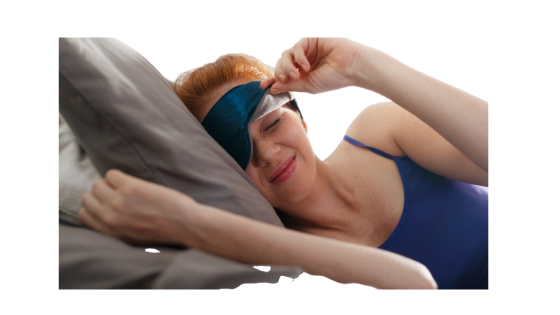A few things that can wreck a good night’s sleep? Caffeine, sure. Stress and anxiety, definitely. Being in a relationship … well, yes, now that you mention it.
Specifically, it’s the bed-sharing that messes things up. Simply put, sharing a bed means waking up more. In one 2007 study, nearly half of participants reported that they’d been woken up by their partner’s movements, noises, or activities.
In some severe cases, sleep incompatibility doesn’t just amp up the stress — it can directly lead to relationship breakdown. This includes cases where people with sleep issues are seriously troubled by the way their partners respond.
REM sleep behavior disorder (RBD). In RBD, sleepers lose the protective mechanism that keeps them essentially paralyzed. This means that their muscles are active rather than paralyzed during sleep, and they can act out their dreams, sometimes violently. (RBD has been linked to antidepressant use, and can be an early sign of Parkinson’s disease and dementia.)
Complex sleep apnea is a form of sleep apnea in which central apneas persist or emerge during attempts to treat obstructive events with a continuous positive airway pressure (CPAP) or bi-level device. The residual symptoms are far more severe than OSA. It is also very difficult to diagnosis and usually requires the training of a Board Certified Sleep Specialist. It also cannot be treated with conventional CPAP or bi-level.


